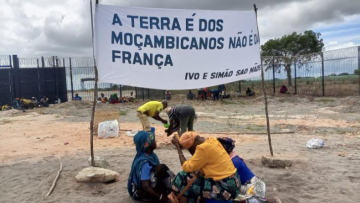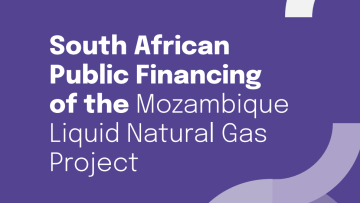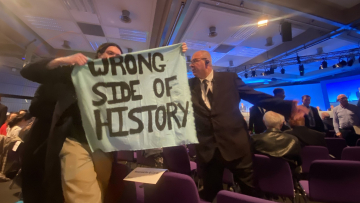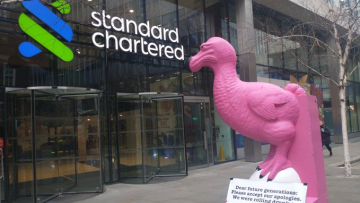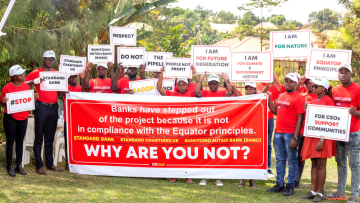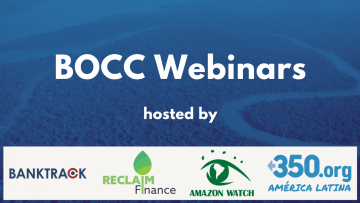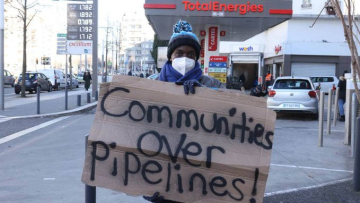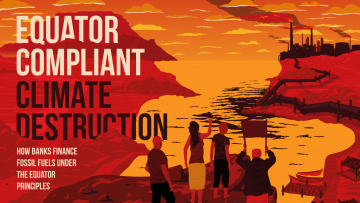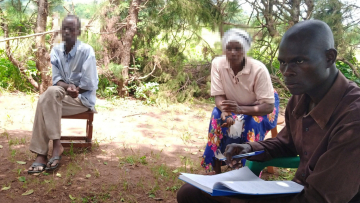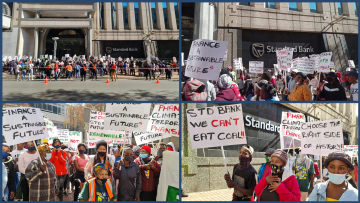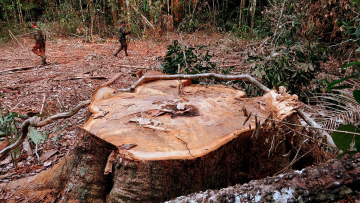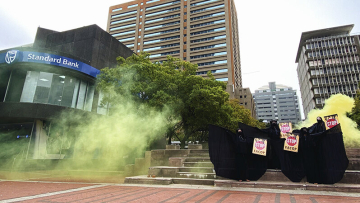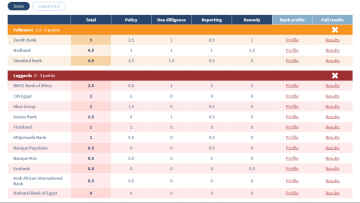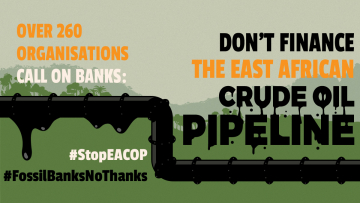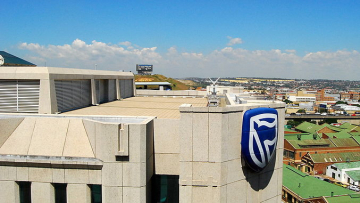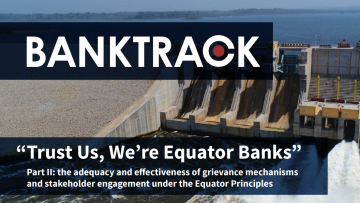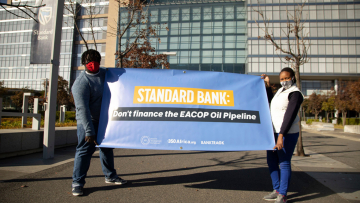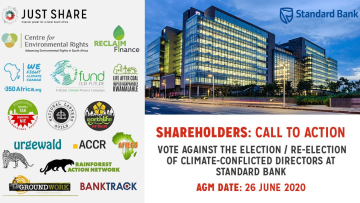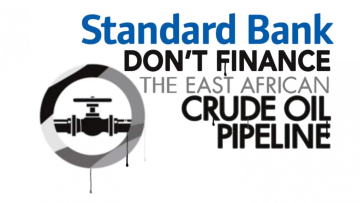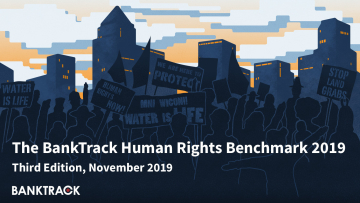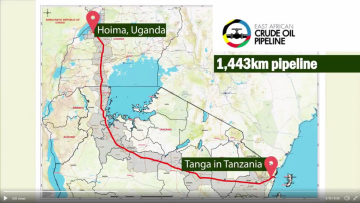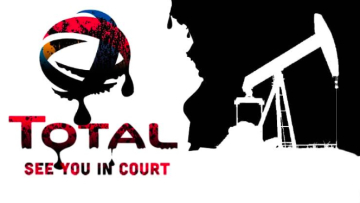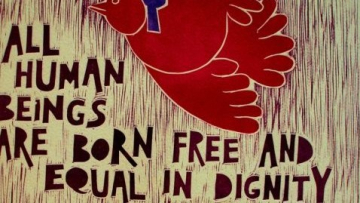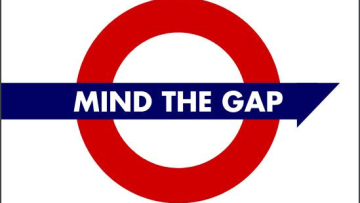
Active
This profile is actively maintained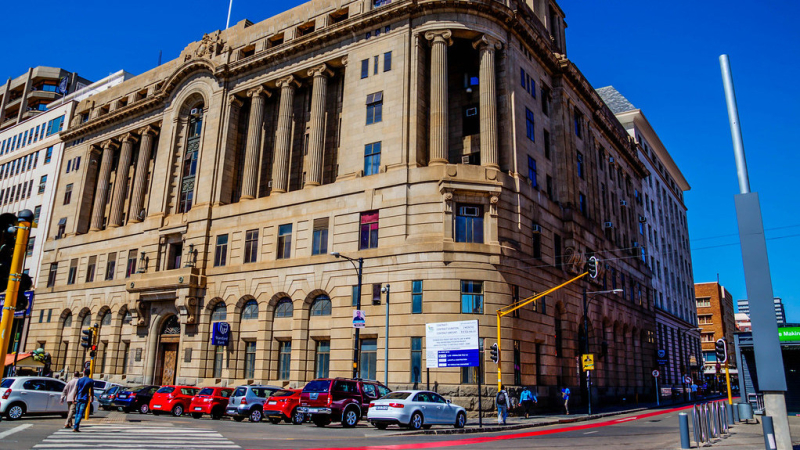
Active
This profile is actively maintained| Website | http://www.standardbank.co.za/ |
| Headquarters |
9th Floor - 5 Simmonds St.
2001 Johannesburg
South Africa
|
| CEO/chair |
Sim Tshabalala Group CEO, Executive Director |
| Supervisor | |
| Ownership |
listed on JSE Limited
|
Standard Bank is a South African-based financial services group with a global presence focused on emerging markets. It operates in 30 countries around the world, including 17 in Africa. The bank was formed in 1962 as a South African subsidiary of the British overseas bank Standard Bank, under the name Standard Bank of South Africa. Standard Bank Group is the largest African bank by assets.
Standard Bank's most important sustainability commitments can be found at the website sections listed below.
Standard Bank is linked to a number of companies and projects that BankTrack considers controversial (so called Dodgy Deals), e.g. as a current or past financier or through an expression of interest. The profiles below provide more details on the nature of Standard Bank's link to these deals.
EACOP: a crude reality, documentary
Standard Bank does not operate a complaints or grievances channel for individuals and communities that may be adversely affected by its finance.
Standard Bank is an Equator Principles signatory. While the Equator Principles have no official grievance mechanism, complaints relating to this bank's financing of Equator Principles projects can be filed through our own website www.equator-complaints.org.
This page evaluates Standard Bank's responses to instances of alleged human rights violations linked to its finance, raised by civil society organisations. It is not intended to be exhaustive, but covers selected impacts raised by BankTrack and other civil society partners since 2016. For the full scoring methodology, see here. For more information about BankTrack's evaluation of bank responses to human rights impacts, see the 2021 report "Actions speak louder: assessing bank responses to human rights violations".
The bank did not respond.
Following publication: The bank responded stating that it is not involved in financing of the project, therefore it has not been included in the scoring.
No information available on whether the bank engaged with its client or took appropriate action.
Following publication: The bank responded stating that it is not involved in financing of the project, therefore it has not been included in the scoring.
The bank responded publicly acknowledging its link to the impacts, but did not address the issues raised. The bank stated that the information provided in the open letter is "given attention and due consideration during...screening processes".
Following the bank's response: The score remains unchanged.
The bank stated that the project will be reviewed by an independent consultant in line with the Equator Principles and the IFC Performance Standards. The bank did not detail any specific actions sought from the company to address human rights violations.
Following the bank's response: The score remains unchanged.
Banks and Climate
Partner organisation Reclaim Finance tracks the coal, oil and gas policies of financial institutions, including banks, in their Coal Policy Tool (CPT) and the Oil and Gas Policy Tracker (OGPT). BankTrack works closely with Reclaim Finance and endorses their policy assessments. Find further details on their assessment of Standard Bank’s fossil fuel policy below.
Banks and Human Rights
BankTrack assessed Standard Bank in its 2021 Human Rights Benchmark Africa, where it achieved 4.5 points out of 14 and was ranked as a 'follower'. More information is detailed in the "Accountability" section of this profile.



